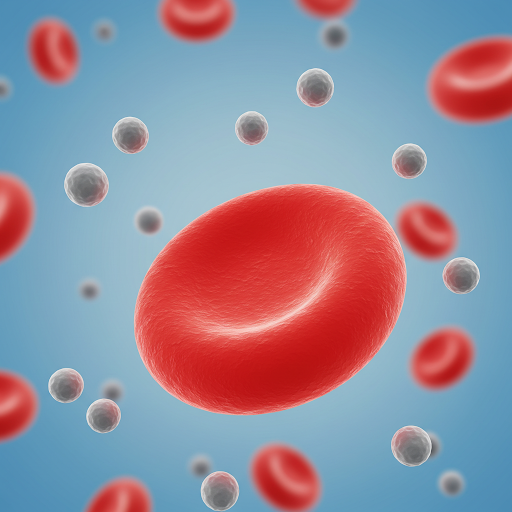
Beyond Magnesium: Understanding RBC Magnesium as a Mitochondrial Health Marker
Introduction
Magnesium is often celebrated as an essential mineral for muscle relaxation, nerve function, and bone health. But beneath these familiar benefits lies a deeper, more critical role — magnesium as a cornerstone of mitochondrial function. Among the various ways to measure magnesium status, RBC magnesium stands out as the most reliable indicator of intracellular magnesium levels and mitochondrial efficiency.
Why RBC Magnesium Matters More Than Serum Magnesium
Serum magnesium represents only about 1% of the body's total magnesium, making it an unreliable marker for true magnesium status. RBC magnesium (red blood cell magnesium) directly reflects magnesium within cells, where it exerts its critical effects on mitochondrial function.
Key Roles of Magnesium in Mitochondria:
-
ATP Production: Magnesium is required for the synthesis, storage, and utilization of ATP (adenosine triphosphate), the cell’s primary energy currency.
-
Calcium Regulation: Magnesium helps regulate calcium within the mitochondria, preventing calcium overload and mitochondrial dysfunction.
-
Oxidative Stress Reduction: As a cofactor for antioxidant enzymes like glutathione peroxidase, magnesium reduces mitochondrial oxidative damage.
Optimal RBC Magnesium: Why >6.0 mg/dL is Ideal
While conventional medicine considers RBC magnesium levels of 4.2–6.8 mg/dL as normal, emerging research suggests that maintaining levels above 6.0 mg/dL is critical for optimal mitochondrial function.
Research-Backed Benefits of Higher RBC Magnesium:
-
Enhanced Mitochondrial Bioenergetics: Studies show that higher magnesium levels correlate with improved mitochondrial ATP production.
-
Improved Insulin Sensitivity: Magnesium is a cofactor for enzymes involved in glucose metabolism, supporting metabolic health.
-
Reduced Inflammation: Higher RBC magnesium is associated with lower C-reactive protein (CRP) and other inflammatory markers.
Factors That Deplete RBC Magnesium
-
Chronic Stress: Excessive cortisol depletes magnesium through urinary loss.
-
High Sugar Intake: Increased insulin secretion drives magnesium into cells, lowering serum levels.
-
Medications: Diuretics, proton pump inhibitors, and certain antibiotics can reduce magnesium absorption or increase loss.
Optimizing RBC Magnesium Levels
-
Prioritize Magnesium-Rich Foods: Dark leafy greens, nuts, seeds, and dark chocolate are excellent sources.
-
Consider Magnesium Supplementation: Choose bioavailable forms such as magnesium glycinate or magnesium malate.
-
Monitor RBC Magnesium Levels: Regular testing ensures you maintain levels above 6.0 mg/dL.
Conclusion
RBC magnesium is more than just a marker of mineral status—it is a direct indicator of mitochondrial health and metabolic resilience. By maintaining optimal levels, you can enhance cellular energy, protect against oxidative stress, and support overall well-being.
